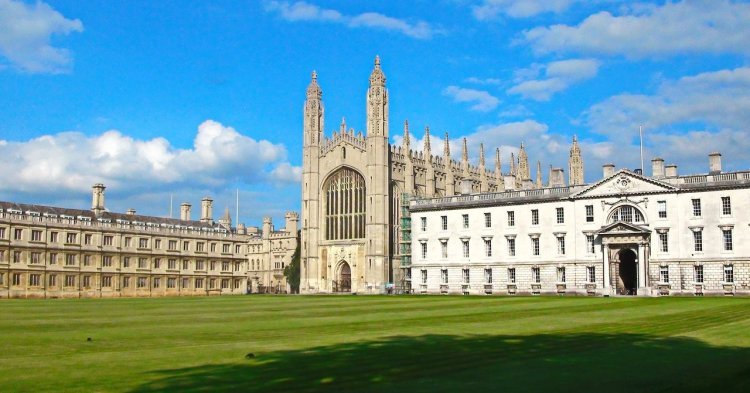The UK as an Attractive Study Environment
The report has found that 47% of future international students have claimed they would be more likely to choose to study in the UK because of the high vaccination rate. This is partnered with 17% of the 105,083 students surveyed believing the UK government was handling the rollout better than anywhere else in the world, beating out the US, Australia, and Germany. QS has said: “The effectiveness and speed of the rollout are making the UK seem a more attractive and viable destination to begin their studies in September compared to some other countries.”
Nearly a fifth of the respondents stated that they had brought plans forward in regard to studying abroad, while over half said their searches for universities were focused on countries where vaccine programmes were successfully implemented.
However, despite the enthusiasm for the vaccine rollout, the perceptions of the government’s mishandling of COVID-19 still remain. Out of the students surveyed, 45% agreed that the UK did not effectively handle the pandemic, with speculation that these perceptions have been formed by large international coverage of the death toll in the United Kingdom.
Previous and Current Policies
It was expected by the government and the education community that these perceptions would be damaging to the attractiveness of the UK as a study destination. It seems as though the vaccine rollout, combined with the reintroduction of the post-study work visas, have instead worked as pull factors for university students. 58% of students thought that the UK was becoming more welcoming as a result of the post-study work visas, especially after a period of several years filled with hostile policies aimed at overseas students.
Such policies made life difficult for many international students. It was documented in 2019 that over 85% of the university sector was failing to provide financial support to long-term UK residents with irregular immigration status. Financial support was and still is, heavily needed as applications for ‘limited leave to remain’ can cost up to £8500 over ten years. Furthermore, the removal of the post-study work visas in 2012 resulted in students having to pay extortionate fees for visas to remain in the UK after study which was difficult to receive.
Although there is optimism rising among international students due to reforms to these policies, there are still difficulties facing those looking to study in the UK in the near future. The survey found that many European students perceived the UK to be less welcoming since they will have to pay higher international fees from September 2021 onwards. This is because of the UK’s withdrawal from the Erasmus programme as a result of Brexit. This programme was a university exchange programme between UK and EU university students that bypassed extortionate fees and arduous visa processes.
What Does the Future Hold?
Since the beginning of the pandemic in March 2020, the university community was bracing for catastrophic overseas numbers for both the 2020 and 2021 academic years. However, these fears are misplaced as applications from overseas reached their highest levels last year.
The Director of Universities UK International (UUKI), Vivienne Stern, has said that the QS survey showed that UK universities have remained resilient over the past year, but they and the government need to listen to the concerns and priorities of international students in order to maintain the high recruitment levels.
Issues have also arisen over the past year as a result of predominant online teaching due to travel restrictions and social distancing. In March, 300 international students at London universities withheld their £29,000 fee in a protest at the quality of teaching at their respective establishments. Current students fear that even after the vaccine rollout has finished, that certain elements of online teaching may remain, with no changes in their fees.
It is clear that universities are going to have to work hard to ensure that future students are receiving the level of teaching they deem worthy of the fees that they are paying. This is partnered with the need for the government to ensure that the vaccine rollout continues successfully and that any future variants are controlled in order to allow international students to move forward with their studies.


Follow the comments: |
|
